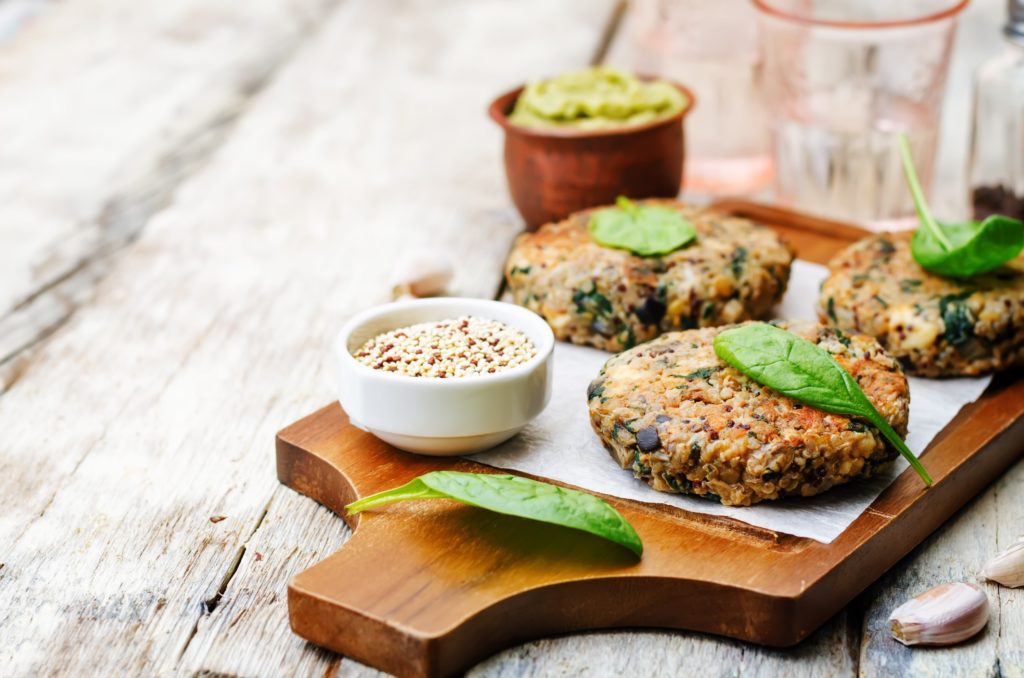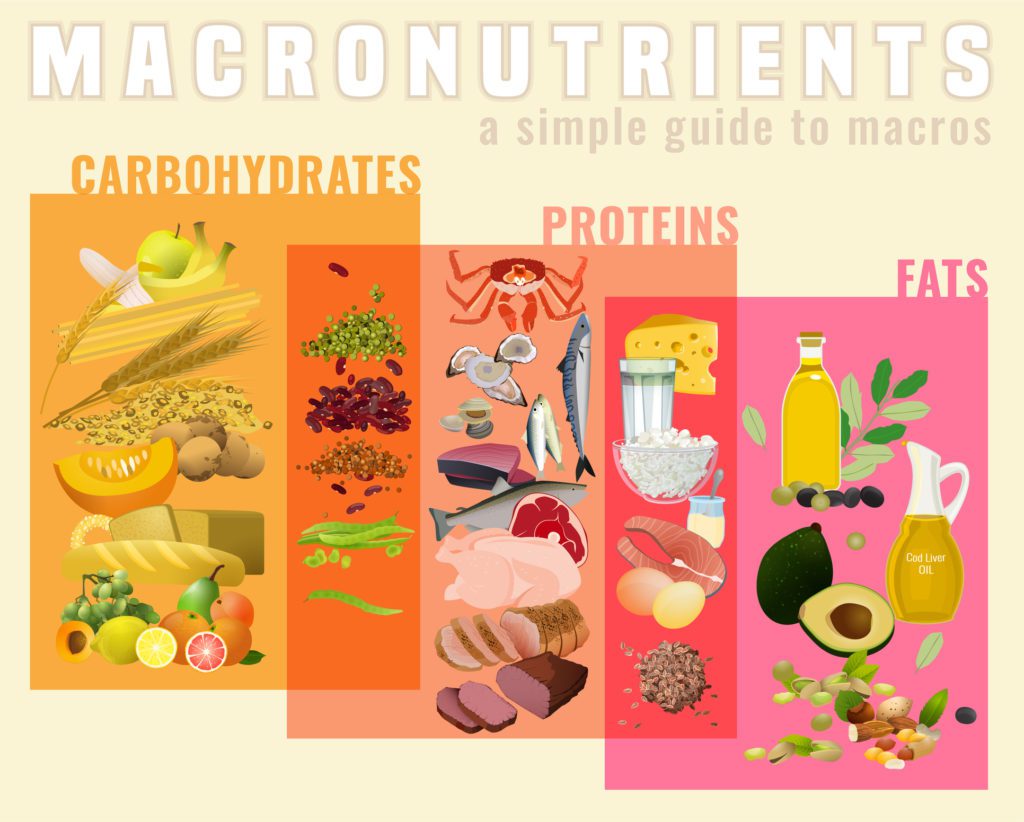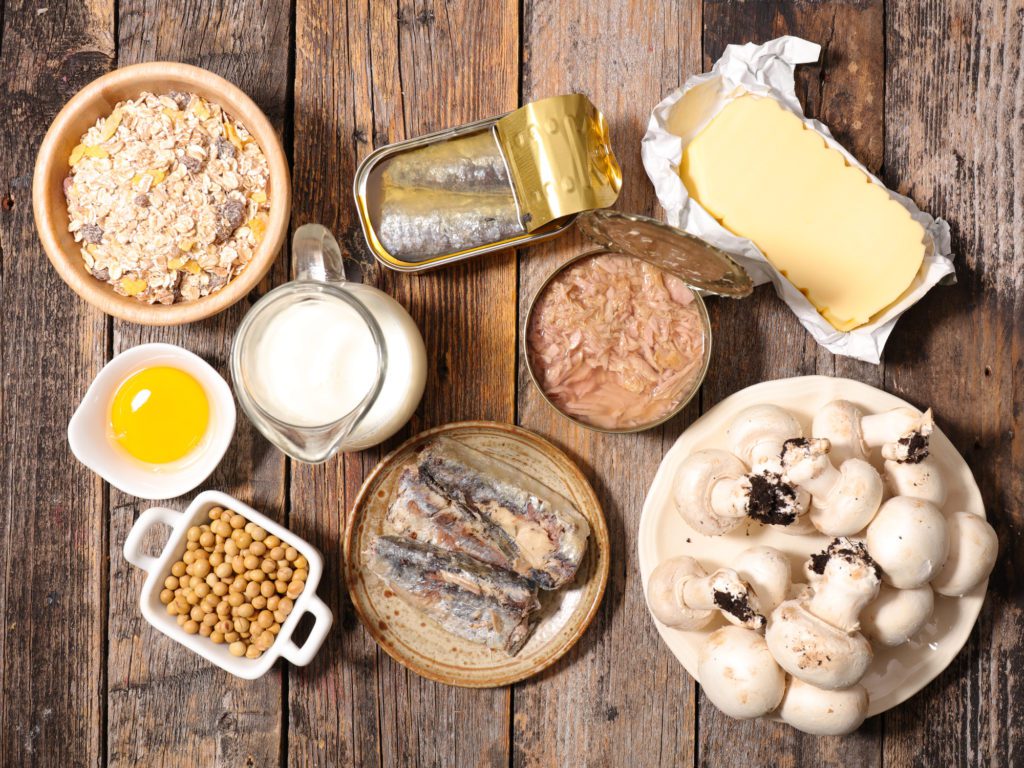eat plants?
Understanding the basics.
What is a whole food plant-based lifestyle?
We don’t even refer to it as a diet and we hope you won’t either. It is a lifestyle, plant-based diet and lifestyle, a way of life and way we choose to live and take care of our bodies. A whole food plant-based lifestyle minimizes the intake of processed foods and animal products and maximizes whole, plant-based foods in our diet. Whole plant-based foods are grown in the ground, on trees and on vines and logs. Yes, vegetables, fruits, whole grains, beans, peas, lentils, mushrooms, rice, seeds, nuts and herbs and spices. Quite a bit when you think about it.
Getting the vitamin and nutrients your body needs through a whole food plant-based lifestyle is one of the healthiest ways to get what you need to sustain optimal health and to ward off disease.

Eating is not a mathematical equation and you don’t need to remember a bunch of numbers to eat healthy. As long as you are feeding your body nutrient dense whole plant foods you are doing more than most to ensure your body is getting the nutrients it needs. You hear all the time that you need lots of protein or carbs are bad or fats make you fat. That may not be the case and understanding is key,

It’s time to live your best life!
Don’t know how to live a full plant-based life?
We have a workshop that takes you step by step through transition to a plant-based eating plan. From what foods to eat, and what foods not to eat to ways to prepare delicious meals, meal preparation, shopping tips, science based nutrition advise and more.
In just 12 weeks, you can learn to plan, cook and eat plant-based meals that not only taste great but will promote health and longevity.
The big 3
Carbohydrates, Protein and Fat.
Carbohydrates are your body’s energy source and help your body sustain itself throughout the day. Carbs obtains through whole foods like fruits, vegetable and whole grains and nuts are the best way to keep your body fueled throughout the day. And just like fats, there are good carbs and bad carbs. Whole plant-based carbs are good carbs. Period. They are wholesome, nutrient dense and satisfying. Your body needs carbs for energy so making them good cards is the way to ensure you are eating your energy and sustaining a nutrient dense food profile and following a nutritional dense plant-based diet and lifestyle.
Protein.
The food industry has hung it hat on this word. Protein, high protein and protein enriched are all ways the food industry is continuing the confusion on what is a healthy diet. Your body does need protein but not half as much as the food industry would lead you to believe. Protein from plant-based foods when consumed daily is plenty of protein for your daily needs. Including legumes, whole grains, fish, nuts, seeds and vegetables daily will ensure you are reaching your daily protein requirement which for our numbers folks is about 10% of your daily caloric intake.
The math: To get your personal protein “RDA,” multiple the number 0.36 by your weight in pounds. (For a sedentary 150-pound woman, that would be 54 grams.)
You can easily reach your protein requirements daily by incorporating a well-rounded plant-based eating plant. Quinoa for example is a great source of protein and contains all the essential amino acids.

Fat.
It is our third macro nutrient and is the densest of the three. When looking at macro nutrient’s density counts. It’s like rolling a piece of bread up into ball. It may look smaller than that slice of bread you had but the ingredients are the same. The calories and nutrients are the same it’s just smaller. This is why we don’t need to add as much fat into our diets.
It is a necessary macro-nutrient but the density allows us to get what we need in smaller doses than carbs and proteins.
Consume small amounts of good fats like avocados, olives, nuts and seeds every day will ensure you get healthy fats in your diet without going overboard.
Other nutrients to consider
Iron.
Iron is a mineral and is used by the body to transport oxygen through our bloodstream. Iron is important part of our diet. Iron from plant-based products are not as easily absorbed as say through animal products but knowing how to combine fresh vegetables like oranges, strawberries, red peppers, tomatoes, broccoli and with plant foods rich in iron can help your body absorb what it needs to stay healthy. There are many combinations of foods that will assist your body in better absorption. For example, turmeric and pepper. Consider these two kissing cousins. They don’t travel well alone.
Calcium.
Calcium is another nutrient that the food and drug administration spouts as a high intake food. It helps build strong bones and teeth. This might be true but to what degree. Studies suggest it is the combination of Vitamin D and Calcium (remember kissing cousins) that gives the most benefit. Foods high in calcium include Collard Greens, Kale and Broccoli, Sardines and Salmon, Almond Milk, Rice Milk, Soy Milk and Tofu. Combine these foods in your daily routine along with a Vitamin D supplement and you will be rocking the calcium intake.
Try this great Kale Salad for calcium intake.
Vitamin D.
Vitamin D is a nutrient that the body cannot store and does not make and is very hard to get through foods. Any kind of food. So where does your body get it? From the sun. Which we have been told to stay out of and to cover up. So talk to your doctor about a supplement. Vitamin D supplementation is really the only way to ensure you are getting adequate amounts in your diet.
B12.
Another area of concern for people living a plant-based lifestyle. B12 helps the body make red blood cells and for nerve function. Most Vitamin B12 comes from animal-based products but there are some items you can add to your diet that will help fulfill the Vitamin B12 requirement. Nutritional yeast is a great addition to plant-based eating. It adds flavor and Vitamin B12. Some hemp milks, rice and other vegan manufactured foods have Vitamin B12 or have added it for supplementation. It is also a good idea to talk to your doctor about Vitamin B12 supplementation. Even the lowest doses in Vitamin B12 supplements are many times the recommended dietary allowance. Your body is unable to store the B Vitamins so it is difficult to take too much but talk to your doctor first.

Omega-3 Fatty Acids.
Omega-3 Fatty Acids are important for heart health and to assist the immune system and for brain health. Two of the main Omega-3 fatty acids, such as eicosatetraenoic acid (EPA) and docosahexaenoic acid (DHA). Diets that are low in fish and eggs are most likely low in EPA and DHA. Algae and kelp products can help when added to the diet as can fortified products but they are processed so be careful with fortified products. It is much better to control your intake though good sources of whole plant-based foods. Our bodies can convert ALA in plant foods to EPA and DHA just not real efficiently. By including good ALA foods like flax seed, walnuts, canola oil, and soy we can start to help the body. Here is another area where supplementation may help.
Be sure to tell you doctor you are embarking on a healthy plant-based diet and lifestyle as many things may and will change. You may need less medications if you taking them. You will want to watch your Vitamin D, B12 and Omega 3 levels until you get your intake correct. You will see great changes with possible reductions in medication, lose some weight and feel better, healthier and have more energy.
If you find you cannot do a plant-based diet 100 percent of the time, then aim for something like 80 or 90 percent. Any effort toward living a predominately plant-based diet and lifestyle will have a major impact on your health!
Hunger for more? Dive into some of the scientific studies that talk about these in more depth.
Related Information
Additional Information
American Dietetic Association
The Vegetarian Resource Group
www.vrg.org
Vegetarian Society of the United
Kingdom
www.vegsoc.org
Healthline Whole Plant-Based Diet Video
It’s time to live your best life!
Don’t know how to live a full plant-based life?
We have a workshop that takes you step by step through transition to a plant-based eating plan. From what foods to eat, and what foods not to eat to ways to prepare delicious meals, meal preparation, shopping tips, science based nutrition advise and more.
In just 12 weeks, you can learn to plan, cook and eat plant-based meals that not only taste great but will promote health and longevity.